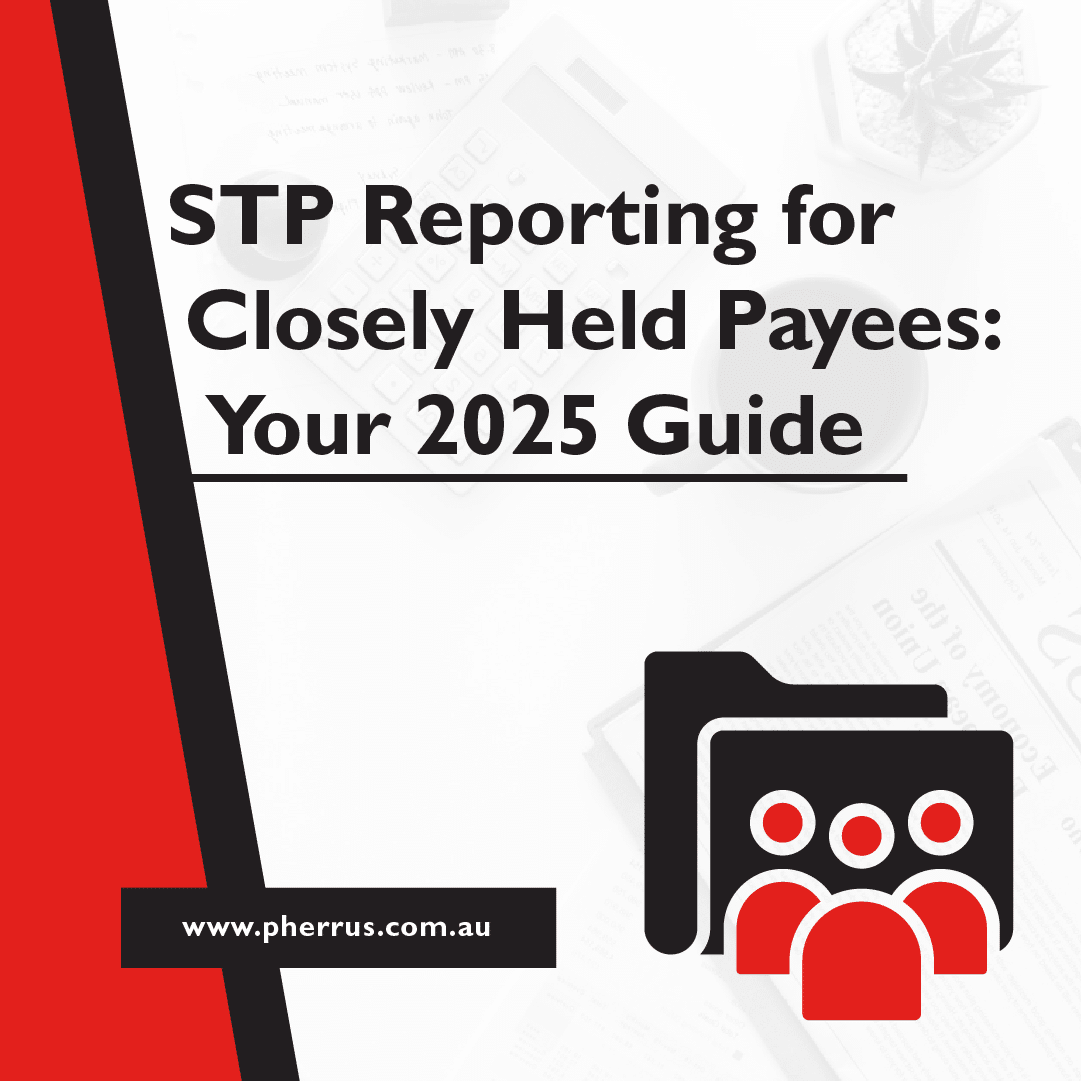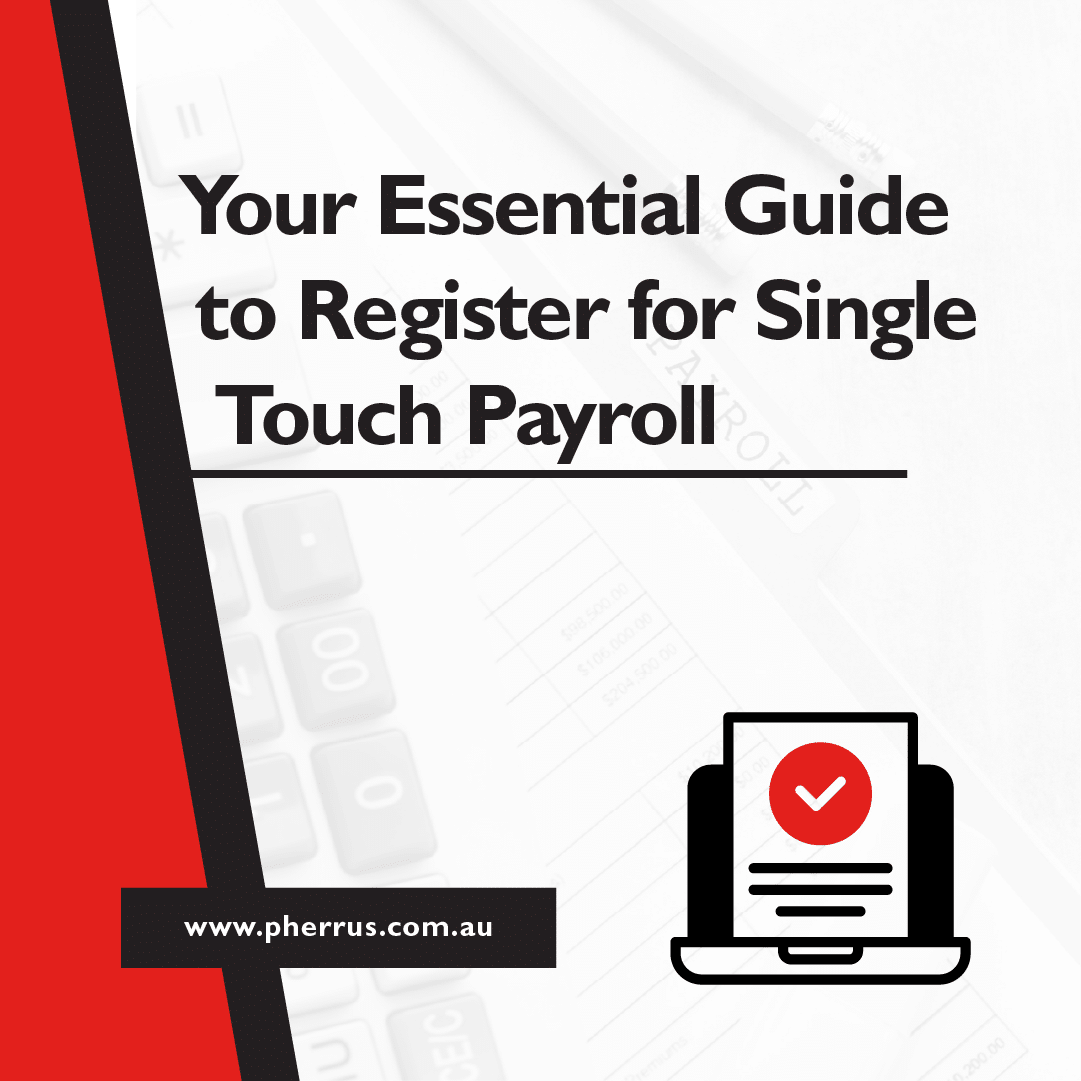Kick-starting a new business is a nerve-racking task that often leads new business owners to seek extra support.
But here’s a question: Can you really snag a loan for small business startups?
And if so, where can you get said financing, and what do you need to qualify?
This guide will uncover the scoop on loan options for your fresh-out-of-the-box business.
When you’ve finished reading, you’ll better understand what loans for small business startups you might qualify for and how to apply.

Should Startups Use Loans for Growth?
It’s been an age-long debate: Should startups use loans for growth?
While some say to avoid debt at all costs, others argue that taking out a loan is essential to any business strategy.
And it’s true, depending on your industry and business needs, a loan can be the best way to get yourself off the ground.
But there can also be drawbacks when it comes to using a loan to grow your business.
Let’s look at a few of the pros and cons.
Pros
- Capital infusion: A loan can provide the necessary funds to cover immediate expenses, such as hiring employees, purchasing inventory, or investing in necessary equipment.
- Cash flow management: Loans will help your business smooth out its cash flow, especially in the early stages when income can be unpredictable.
- Growth opportunities: A business loan can allow your startup to undertake growth opportunities that might otherwise be unattainable.
- Credit building: Successfully paying back a business loan builds your company’s credit history, which can be beneficial for securing future financing.
Cons
- Debt burden: All loans must be repaid with interest, and some loans for small business startups can have notoriously high-interest rates. This can add significant costs to your business and strain your cash flow, especially in the early stages when profits may be slim.
- Collateral risks: Some loans require collateral, meaning you could lose your assets if the business fails and you can’t repay the loan.
- Restrictions and requirements: Many loans have specific rules about how the money can be used. These conditions can limit your financial flexibility.
- Approval and eligibility: As a startup business owner, it can be challenging to secure loans, especially if you don’t have a solid credit history or significant collateral. The application process can also be time-consuming and complex.
Understanding the pros and cons is essential for determining if a loan can be a useful tool in your business-building journey.
But typically, understanding these benefits and drawbacks for most new small businesses can be confusing and tedious.
That time can be better spent on other areas of your business.
To help you, accountants can guide you through the process so that you can make an informed decision.
An experienced accountant can assist with the following loan procedures.
- Loan application: Preparing accurate financial statements is critical to the loan application process. Banks and lenders require these documents to assess the financial health of your business, so it’s important to have up-to-date balance sheets, income statements, and cash flow statements.
- Loan approval: A well-organised accounting system shows lenders that your business has strong financial management practices in place, which can increase their confidence in your ability to repay the loan.
- Fund management: Once a loan is approved, an accountant can guide the allocation of funds to ensure your business uses them efficiently and effectively. They will also track where the loan proceeds are going, as these must be used in line with the loan agreement.
- Repayment planning: An accountant can assist in forecasting your business’s future cash flow to formulate repayment plans so you can meet the loan repayment obligations on time.
- Compliance: Many loans come with conditions that require maintaining certain financial ratios or thresholds. Regular accounting processes allow you to monitor these requirements and avoid defaults.
- Impact analysis: An accountant can evaluate the impact of the loan on your business’s financial health, such as the effect of interest expense on your profit margins and the impact of the loan on your balance sheet.
- Risk management: Having solid accounting practices in place identifies financial risks early and provides the information needed to manage these risks, such as cash flow shortages or the risk of defaulting on loan repayments.
At Pherrus, we’ve helped other small businesses just like yours get the loan they need to succeed.
Our team of accountants will make sure you have everything necessary for the best chance of landing a successful loan application.

Where Do Startups Get Financing?
Landing a startup loan for small businesses can be tricky, as lenders tend to prefer lending money to businesses with more established track records.
But don’t be discouraged! There are still many financing options to help you launch and grow your business.
- Personal savings: Many startup business owners fund their startups using personal savings. This route can offer the most control but comes with personal financial risk.
- Friends and family: Some entrepreneurs tap into their personal networks for funding. While this can help your business get off the ground, it could strain these personal relationships if your business doesn’t perform well.
- Angel investors: These individuals offer startup capital in exchange for ownership equity or convertible debt.
- Venture capital: Venture capital firms invest in startups and high-growth companies in exchange for equity. Examples include Blackbird Ventures, AirTree Ventures, and Square Peg Capital.
- Crowdfunding: Crowdfunding platforms like Kickstarter, Pozible, and Indiegogo have become increasingly popular in Australia. These platforms allow you to raise small amounts of money from a large number of people.
- Accelerators and incubators: Programs like Startmate, BlueChilli, and the Muru-D accelerator provide funding, mentorship, and resources to startups in exchange for equity.
- Bank loans: Traditional banks and credit unions like ANZ, Commonwealth Bank, Westpac or National Australia Bank (NAB) offer various business loans, including options specifically designed for startups.
- Government grants and loans: The Australian government offers a variety of grants and loan programs to support startups and small businesses. For instance, the Entrepreneur’s Programme, R&D Tax Incentive, and Export Market Development Grants (EMDG) can provide your business with valuable funding.
- Business credit cards: These can be a source of short-term financing while offering rewards and benefits. However, they typically come with high-interest rates, so beware!
- Fintech lenders: Online lenders such as Prospa, Moula, and OnDeck offer loans to small businesses and startups, often with a more straightforward and faster application process than traditional banks.
As you can see, many options are available to land a loan for small business startups.
So do plenty of research to find the financing option that best fits your new business.
To make the best decision, always consult with an accountant or financial advisor.

Do Startups Need More To Qualify for Loans?
When a new business trading under 12 months applies for a loan, more is generally needed than typical financial documents and proof of income to qualify.
Depending on the lender and the type of loan, they may require additional information from you, such as
- Cash-flow projections: Lenders will want to see cash-flow projections to assess whether your startup will be able to meet its repayment obligations. Startups must therefore present a comprehensive and realistic cash-flow forecast, ideally for the next 12-24 months.
- Business plan: A detailed business plan is crucial to help lenders understand how your business intends to generate revenue and become profitable. It should outline your business model, market analysis, marketing strategies, operational structure, and financial projections.
- Business contract of sale: If you need a loan to purchase an existing business, the lender will likely require a copy of the business contract of sale. This contract must provide details about the transaction, including the purchase price and included assets.
- Lease agreement: If you rent your business premises, the lender may require a copy of the lease agreement. This is to confirm the duration of the lease and the ongoing costs, which can impact your startup’s financial position and ability to repay the loan.
Acquiring these documents takes time and effort, so plan ahead before beginning the loan application process.

Additional FAQs About Startup Loans in Australia
What Is the Best Way To Finance a Startup?
The best way to finance a startup depends on the business’s unique circumstances, such as the industry, size, growth potential, and risk profile.
Essentially, there’s no clear answer, as the best funding option for one business may be different for another.
So take time to do research and consult with an accountant before choosing a financing option.
Do Banks Lend Money To Start a Business?
Yes, most banks lend money to startups.
But they usually have strict lending criteria because startups are often considered riskier than established businesses.
If you meet all the bank’s requirements, you have a good shot of securing a loan.
Is It Harder for Startups To Get Debt Financing?
It can be more difficult for startups to secure debt financing compared to established businesses.
Why? Because startups often lack the financial history, proven business model, and collateral lenders look for when assessing a loan application.
But it’s not impossible! Many lenders understand the distinctive needs and challenges facing startups and offer loan products and programs designed to help startups secure financing.
Are There Startup Loans for Small Businesses With Bad Credit?
There are options for startups with bad credit, though they may be limited.
Some lenders specialise in providing loans to businesses with bad credit, but these often come with higher interest rates and fees to compensate for the increased risk.
Another option is to seek equity financing from angel investors or venture capitalists, which doesn’t rely on credit history.

Do You Need Help Preparing or Applying for a Startup Loan?
Securing loans for small business startups can be challenging, but the effort is worth the reward when the process is successful.
Are you feeling overwhelmed by the seemingly never-ending requirements of your desired loan?
Understanding these requirements and thoroughly preparing to meet them will significantly increase your chances of getting the loan you need.
Such preparation is right up our alley.
At Pherrus, we can provide you with the Finance Services to land a loan for your small business.
Our team of experienced professionals will help simplify the loan application process, meaning less stress and time away from your business.
Beyond securing a loan, you’ll want a strategic financial plan in place for the future so your business can continue to grow and thrive.
Our expert accountants can take care of that with our specialised Wealth Creation Strategies and Business Analysis Services.
Fill in our online form, and we’ll be in touch shortly.
Alternatively, call us on +61 (02) 9099 9109 to book an appointment at our Bella Vista office in Sydney, NSW.





